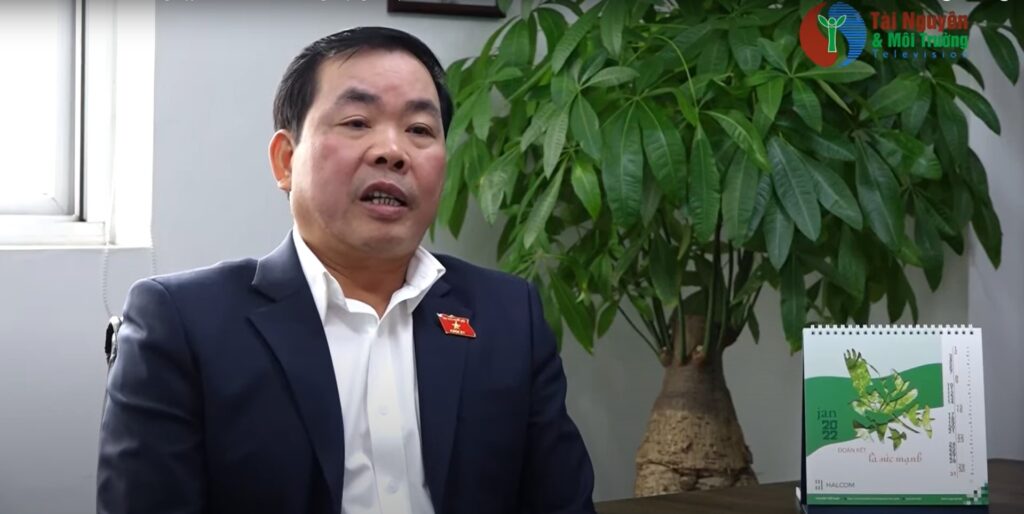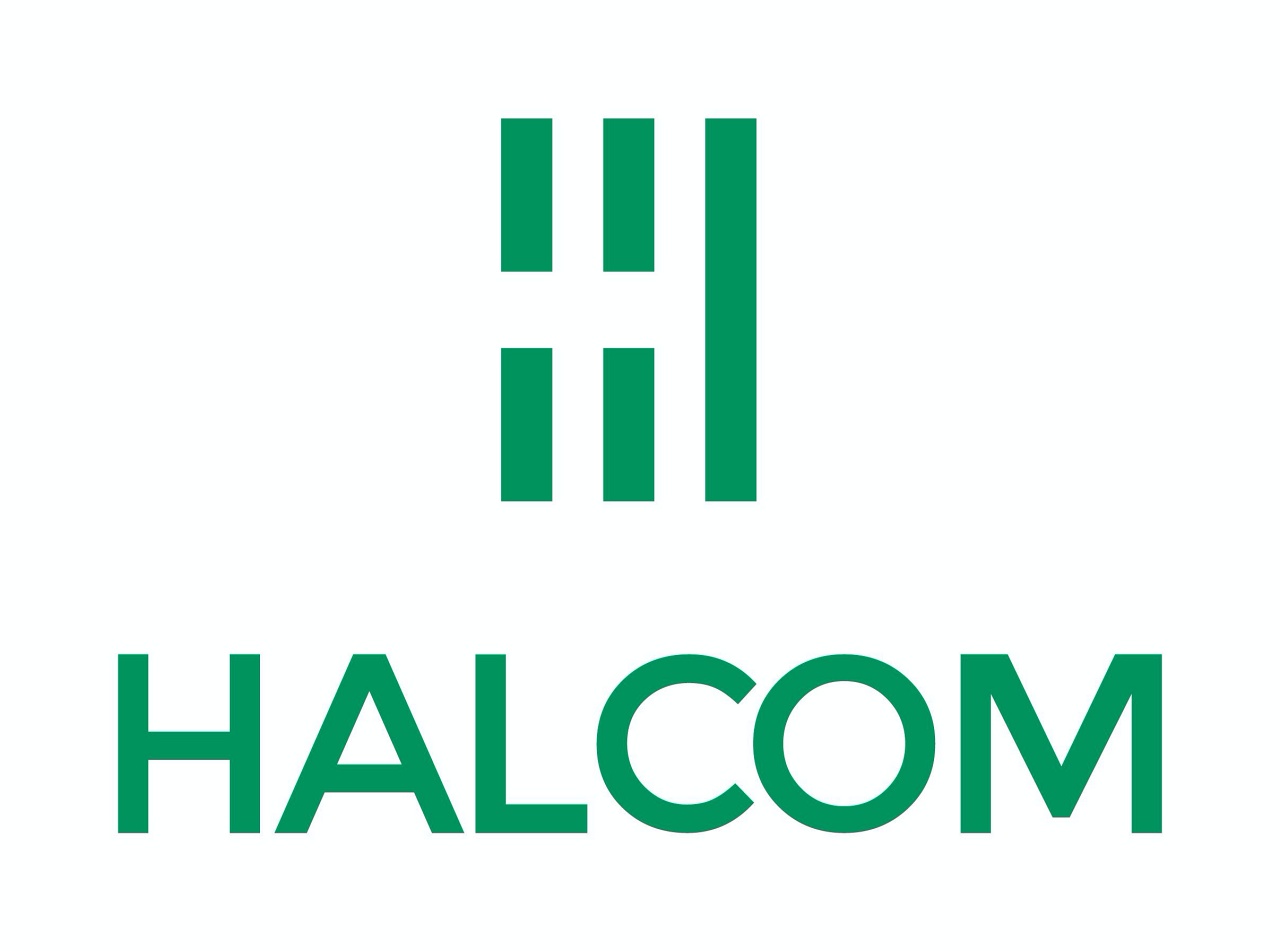Excessive reliance on fossil energy resources will not guarantee sustainable energy security in the future due to the gradual depletion of these resources. At the same time, the environment and human health will be affected by the exploitation and the usage of these mineral resources. So, how should Vietnam implement the investment transition to renewable energy? What challenges lie ahead for this transition? The Natural Resources and Environment Journal interviewed Mr. Nguyen Quang Huan, a deputy of the National Assembly, Chairman of the Board of Directors of Halcom Vietnam JSC. on this topic.
The potential for renewable energy (RE) development in Vietnam, according to Mr. Huan, is extensive but has not been fully exploited. Vietnam has still been facing obstacles with grid transmission, while offshore wind power has great potential, and tidal power has been untapped. In addition, 60,000 tons of our daily untreated waste can be converted to energy.
The current biggest challenge for investors is the lack of clarity in policy. After the closure of Feed-in Tariffs (FiT) scheme, RE enterprises have not received bid instructions, and the Power Development Plan VIII – the core of subsequent policies – has not been approved. This heap of difficulties has been hindering the RE sector development in the past two years.

Mr. Huan proposed that the only solution to radically handle this problem, and to achieve Net Zero by 2050 as per Vietnam commitment at COP 26, is technology innovation. In order for it to happen, the Government needs to propose specific policies to prepare resources and appeal for private sector partners, so that this determination is not only a political one.
Finally, “Although our policy always states that enterprises and communities must be centered, as a business operator, I think businesses need to be community-centered,” says Mr. Huan. For sustainable development, the goal of enterprises must be to serve our community, not to harm the environment and human life, to make the most of short-term profits. This is a compulsory aim, rather than an option for enterprises.
Source: Natural Resources and Environment Journal (Interview in Vietnamese)
